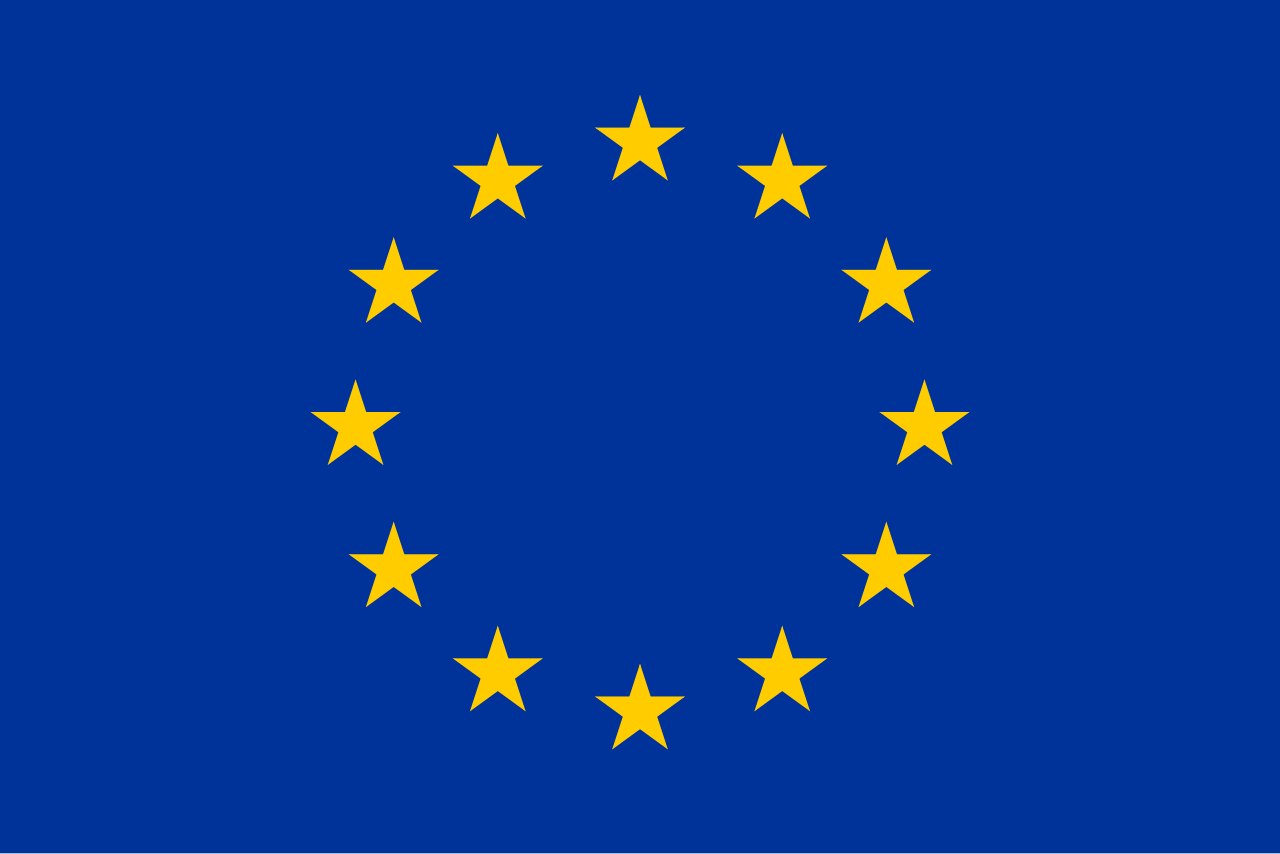cross-posted from: https://lemmy.sdf.org/post/32514869
The idea of Canada joining the European Union is ambitious, but it follows a certain logic.
The European Union is Canada’s second-largest trading partner after the U.S. In 2023, the combined trade in goods and services between Canada and the EU reached a value of CA$157.3 billion. The Comprehensive Economic and Trade Agreement (CETA), in force since 2017, has eliminated 98 per cent of customs duties between the two partners, which has promoted sustained growth in trade.
[…]
Further integration would offer full access to the European single market, harmonization of standards and synergies in key sectors: green technologies, artificial intelligence, pharmaceuticals and cybersecurity. It would also give Canada access to major European programs such as Horizon Europe, a research fund of 95.5 billion euros (nearly $148 billion in Canadian dollars).
Furthermore, Canada possesses natural resources that are crucial to the European energy transition: lithium, cobalt and nickel. Enhanced collaboration would ensure a secure and sustainable supply to Europe while promoting strategic industries on both sides of the Atlantic.
[…]
Canada meets the Copenhagen criteria (rule of law, democracy, market economy) and shares the fundamental values of the EU. The main obstacles would be of a technical or political nature: geographical distance, the need for Canada to align its laws and regulations with all European standards (the Community Acquis) and to adapt its agricultural supply management system to European internal market rules.
But Canada doesn’t necessarily need to aim for immediate formal membership. A more flexible path could be a close strategic partnership, inspired by the Norwegian or Swiss models but adapted to Canadian realities.
Such a partnership could include enhanced access to European markets, participation in joint research, defence or energy transition projects and increased co-ordination within multilateral institutions.
The objective would not be strictly economic, but political and symbolic: to affirm a common commitment to democracy, international co-operation and respect for the global legal order. A strategic turning point for Canada
[…]
A rapprochement with Europe could also help revitalize the democratic debate in Canada and strengthen both national cohesion around a common project and its ability to face future crises, whether economic, security or climate related.
The time has come to start this discussion, which should not be considered a dream, but an exercise in strategic foresight. Canada’s future may well be shaped, in part, on the other side of the Atlantic.

